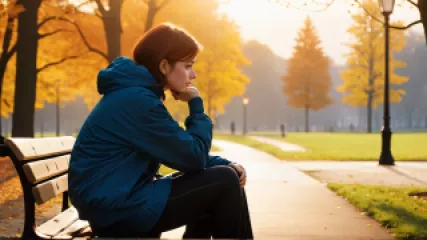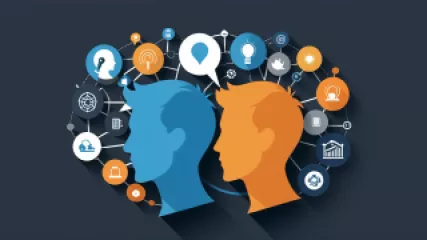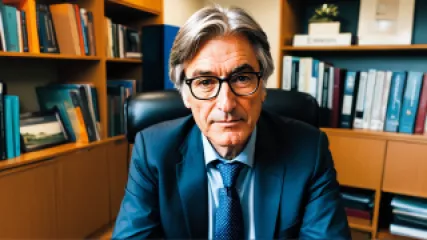Why Apologies are Crucial for Personal Growth
1 year ago
Psychology of Apologies
Bereavement Support Lessons from Forrest Gump
1 year ago
Bereavement Support
Mastering Advanced Social Skills: A Step-by-Step Guide
1 year ago
Social Skills Training
Exploring the Mind-Body Dichotomy: An Interview with a Holistic Health Expert
1 year ago
Mind Body Dichotomy
How to Achieve Digital Wellbeing: A Step-by-Step Guide
1 year ago
Digital Wellbeing
The Psychology of Peak Performance in Sports
1 year ago
Psychology Of Sport
Tackling Depression: Science-Backed Self-Help Tips
1 year ago
Depression Self Help Tips
The Psychology of Gift-Giving: A Research Summary
1 year ago
Psychology of Gift Giving
Empowering the Gifted: An Interview with a Renowned Psychologist
1 year ago
Giftedness
Unlocking the Mind: An Interview with a Virtual Therapist for OCD
1 year ago
Obsessive Compulsive Disorder
The Psychology of Gift Giving: 10 Surprising Benefits for Mental Well-Being
1 year ago
Psychology of Gift Giving
My Journey to Reclaiming Mental Health as a Diasporic Individual
1 year ago
Mental Health in Diaspora
How Can I Overcome Perfectionism?
1 year ago
Overcoming Perfectionism
What Are the Positive Effects of Physical Touch?
1 year ago
Benefits of Physical Touch
How to Cultivate Positive Child Psychology Practices
1 year ago
Child Psychology














